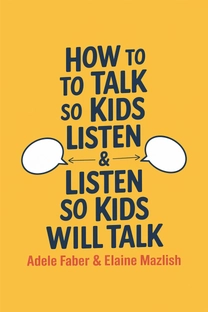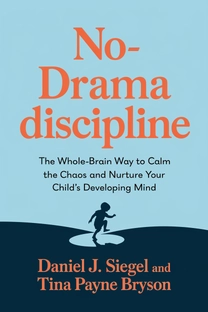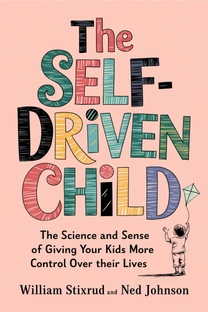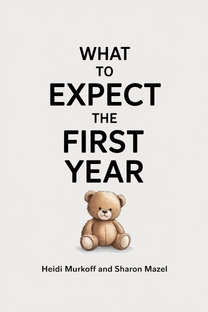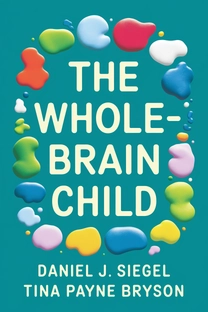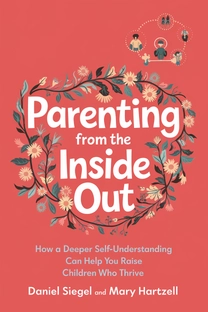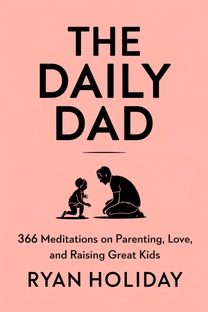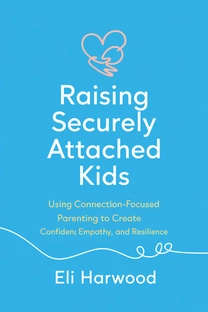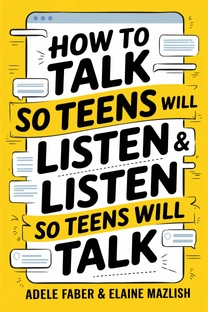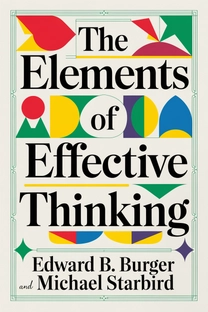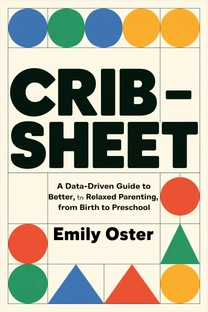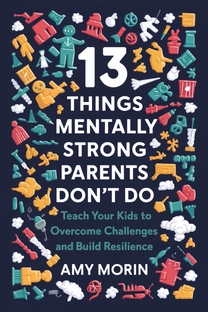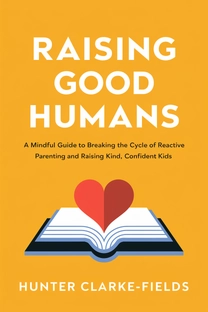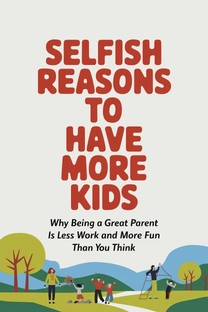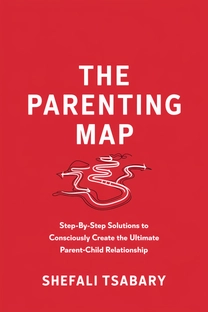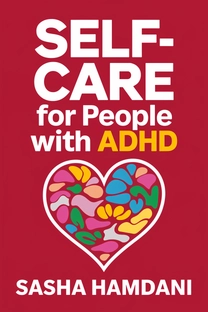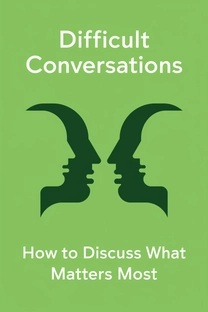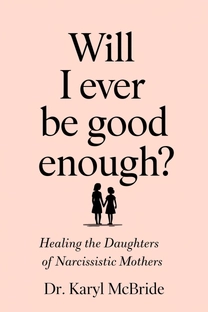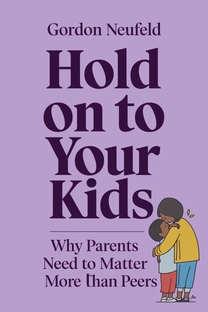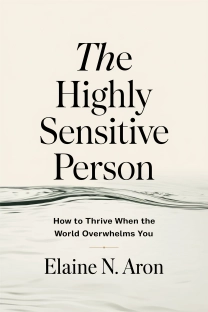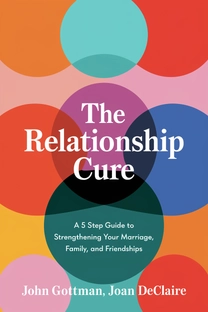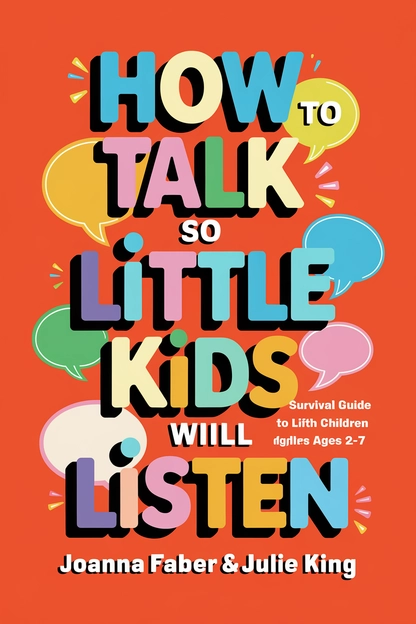
How to Talk so Little Kids Will Listen
A Survival Guide to Life with Children Ages 2-7
by Joanna Faber, Julie King
Brief overview
This book shows you powerful ways to speak and listen to young children so they feel understood, guided, and valued. You’ll discover how to handle everyday challenges by transforming arguments into conversations and tantrums into opportunities for empathy. Expect practical tips, lively examples, and fresh ideas you can start using right away.
Introduction
Parenting can feel like a whirlwind: you’re juggling messes, meltdowns, and moments of pure joy. Still, there are days when your child’s relentless questions and tears push you to the edge. How do you connect while still setting firm boundaries? How do you encourage cooperation instead of mere compliance? This summary shares user-friendly communication tools that help you build trust, improve cooperation, and maintain a warm, supportive household. Everything here is designed for parents of children aged two to seven, a period of explosive growth and strong emotions.
We start by recognizing that, at this age, kids often struggle with intense feelings they can’t name or control. Your responses will teach them how to handle frustration, sadness, or curiosity. It’s not about giving in or spoiling them—it’s about guiding them to become self-aware and empathetic individuals.
These techniques aim to reduce tension and create a more harmonious daily routine. Little adjustments to your tone, word choice, and approach can make a huge difference. Think of it as a practical toolbox you can open whenever a crisis or conflict arises.
Accepting Emotions
Young children’s feelings can erupt like mini-volcanoes: they may cry over a broken cracker or rage over a puzzling toy. Our natural response often involves advising them to “calm down,” but that inadvertently brushes aside their emotions. Acknowledging their feelings first can actually cool down heated moments faster.
One way is to name the emotion you see: “You’re really upset about missing the playground,” instead of lecturing. Also, give children space to work through their tears and frustration; letting them cry or vent can lead to quicker healing than repeatedly telling them to stop.
Try imagining how you’d feel in your child’s shoes. If a friend criticized how you cooked dinner, you might bristle. It’s similar for kids—they need to feel understood before they can hear any instruction. By labeling a feeling and validating it, you can help them move from chaos to calm.
What is How to Talk so Little Kids Will Listen about?
How to Talk so Little Kids Will Listen is a hands-on parenting guide that helps caretakers communicate effectively with children aged two to seven. Drawing on empathy and respectful dialogue, authors Joanna Faber and Julie King explain how to recognize and validate children’s emotions, transforming power struggles into chances for kids to gain self-awareness. By tapping into child-centered language, this book aims to foster more cooperation and reduce daily conflicts at home.
Whether it’s handling tantrums, picky eating, or sibling rivalry, this guide offers clear examples and practical strategies. Its main focus is to encourage calm connections even during stress, making space for children to feel heard and understood. Ultimately, you will learn to set boundaries without losing warmth, so your child can develop emotional resilience and strong communication skills for years to come.
Review of How to Talk so Little Kids Will Listen
The book’s biggest asset lies in its balance of compassion and real-world solutions. Each chapter walks you through ways to acknowledge a child’s frustration, spark cooperation, and establish healthy boundaries. The examples go beyond theory, illustrating how to handle problems like messy playrooms or mealtime battles without constant conflict. This down-to-earth approach makes the guidance practical for busy parents who need quick, adaptable tips.
The writing style is conversational, peppered with relatable scenarios and straightforward advice. The authors’ respect for a child’s inner world is evident, but they balance it with sensible, doable steps. You’ll come away feeling equipped to tackle tough moments while preserving a loving connection. In short, if you want to build a more peaceful and empathetic household, this book deserves a place on your shelf.
Who should read How to Talk so Little Kids Will Listen?
- Parents juggling busy schedules who need concise communication tools
- Educators working with preschool or early elementary children seeking conflict-resolution techniques
- Grandparents or extended family members who want to understand modern, empathetic parenting styles
- Caretakers of neurodiverse kids who need tailored ways of engaging and acknowledging emotions
- Health professionals and child counselors looking for client-friendly resources on gentle discipline
About the author
Book summaries like How to Talk so Little Kids Will Listen
Why readers love Mindleap
10-Minute Book Insights
Get the core ideas from the world's best books in just 10 minutes of reading or listening.
Curated For You
Discover your next favorite book with personalized recommendations based on your interests.
AI Book ExpertNew
Chat with our AI to help find the best book for you and your goals.
Reviews of MindLeap
Love how I can get the key ideas from books in just 15 minutes! Perfect for my busy schedule and helps me decide which books to read in full.
Alex R.
The summaries are incredibly well-written and the audio feature is perfect for my commute. Such a time-saver!
Jessica M.
Great app for personal growth. The insights are clear and actionable, and I love how they capture the essence of each book.
Chris P.
The app is beautifully designed and the summaries are top-notch. Definitely worth every penny!
Sarah K.


